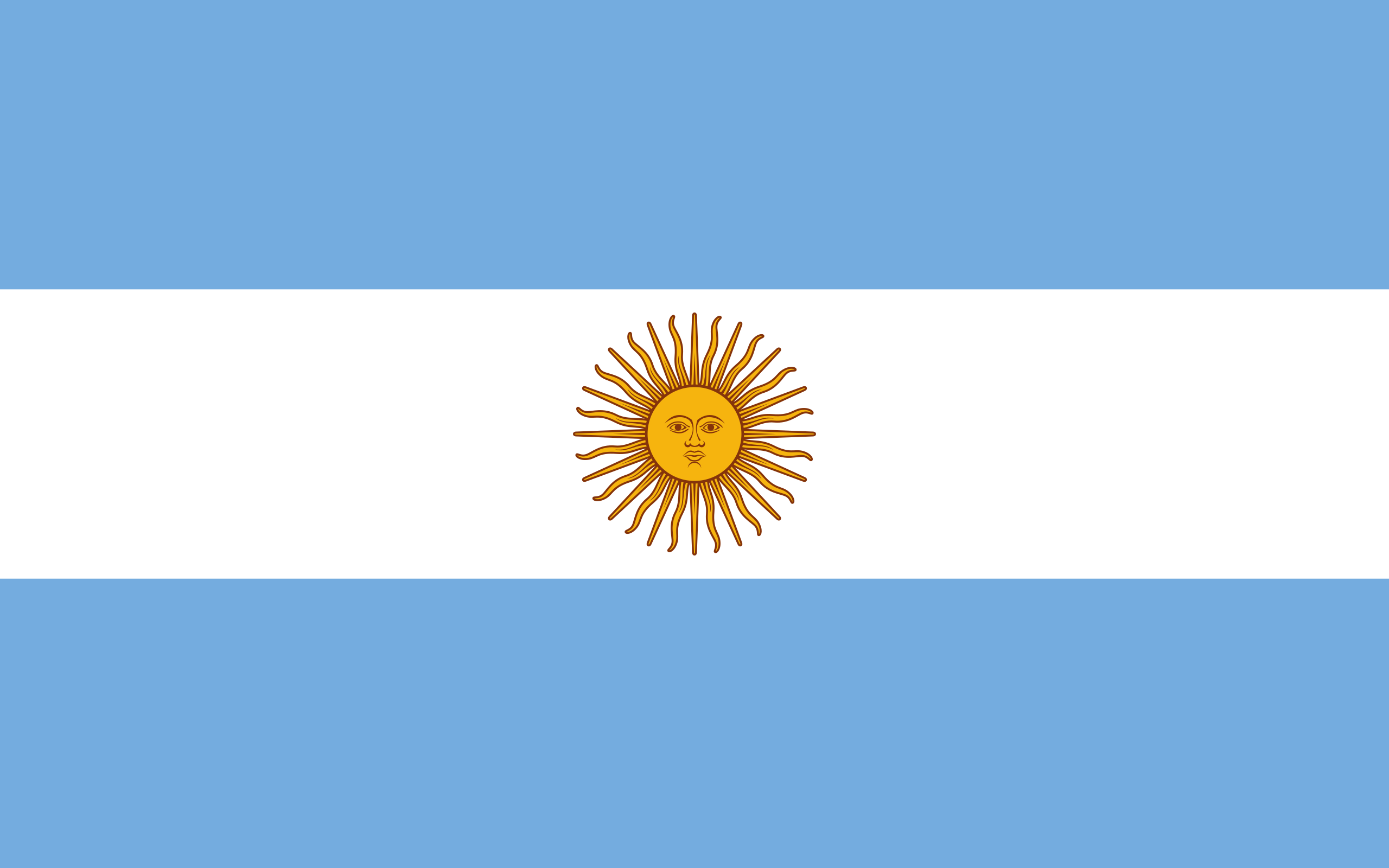Argentina has rolled out comprehensive immigration reforms through a new decree that marks a significant departure from its historically open immigration policy. These changes respond to mounting pressure for enhanced border security, reduced public expenditure, and modernized immigration controls.
Key Changes at a Glance
The reforms introduce multiple layers of restrictions and requirements that will impact both foreign nationals and their employers:
Public Services Now Limited
Irregular migrants lose access to free university and tertiary education. While primary and secondary schooling remains available to all children, universities can now charge international tuition to anyone without permanent residency status.
Healthcare access has also been curtailed. Only emergency care and services for permanent residents remain free. Others must carry private health insurance or pay directly for medical treatment.
Entry Requirements Become More Rigorous
All foreign nationals must now carry proof of health insurance when entering Argentina—a completely new requirement. Additionally, arrivals must complete a sworn declaration detailing their visit’s purpose and expected duration.
Immigration officers now have expanded authority to deny entry and levy penalties. Residency applications face heightened scrutiny, with new grounds for rejection including undisclosed criminal history, fraudulent documents, or questionable job offers.
Foreign nationals must also register physical, legal, and email addresses in Argentina. The existing three-business-day deadline for reporting address changes continues to apply.
Enforcement Powers Expanded
The definition of “irregular immigrant” now encompasses visa overstays, unauthorized work, evading immigration control, and remaining after expulsion orders. Deportation and residency cancellation grounds have broadened considerably, including failures to disclose criminal records or involvement in activities like human trafficking.
Provisional Status Shortened
Provisional Residence Certificates—which allow work authorization during application processing—now expire after just 90 days instead of 180. Critically, time under provisional status no longer counts toward naturalization eligibility.
Permanent Residency Gets Stricter
Applicants for permanent residence must now demonstrate financial means and present clean criminal records. Family members of permanent residents receive only three-year permits rather than permanent status—essentially converting them to temporary residents.
On a positive note, children of Argentine citizens born abroad now officially qualify for permanent residence, codifying an existing informal practice.
Some Relief for Travelers
The reforms do offer one benefit: reduced minimum presence requirements. Permanent residents must now stay in Argentina just one year (down from two) to maintain status, while temporary residents need only six months rather than half their visa validity period.
Naturalization Changes
Citizenship applicants must complete two continuous years of residency—a new requirement. The government has also announced a citizenship-by-investment program requiring USD 500,000 in Argentine economic investment, though implementing regulations are pending.
What Happens Next
The decree takes immediate effect and will remain in force unless both chambers of Argentina’s Congress vote to reject it.
My Insight
These reforms represent a fundamental shift in Argentina’s immigration philosophy, and employers with operations there need to act quickly. The shortened provisional certificate validity and new financial documentation requirements will create immediate operational challenges for talent mobility.
I recommend conducting an urgent audit of your current foreign workforce in Argentina to identify anyone at risk under the expanded irregular status definitions or new enforcement powers. Employees on provisional status should be prioritized for residency completion before the 90-day window closes.
The health insurance requirement at entry is particularly critical—ensure all business travelers are covered before departure to avoid entry denial. Also review any pending family visa applications, as dependents will now receive only temporary status regardless of the principal’s permanent residency.
While the reduced physical presence requirements offer some flexibility, the overall compliance burden has increased substantially. Budget for additional legal costs and longer processing timelines as authorities adjust to the new framework.
